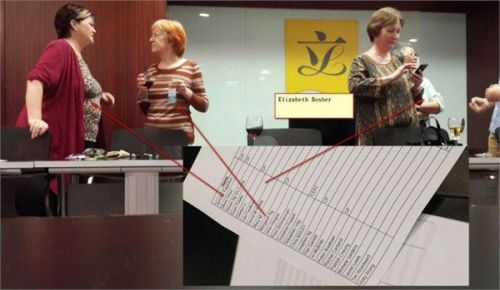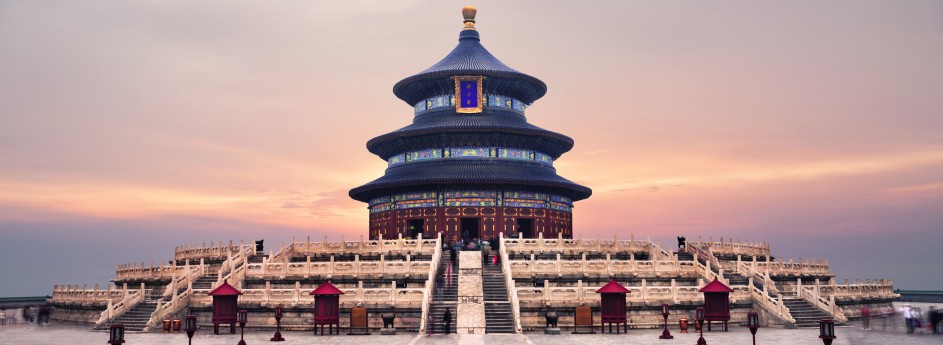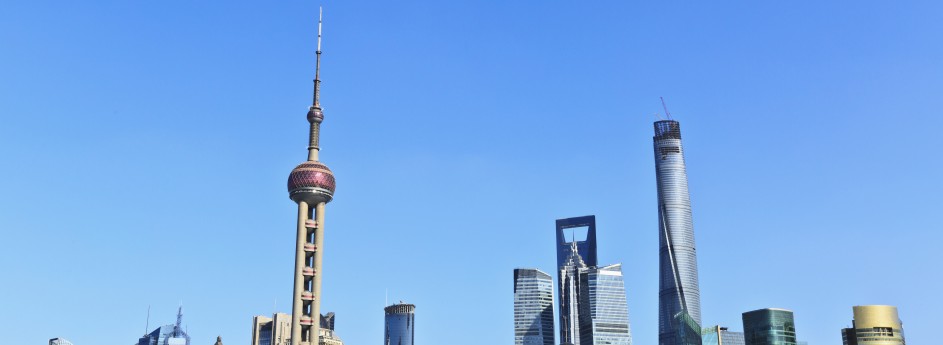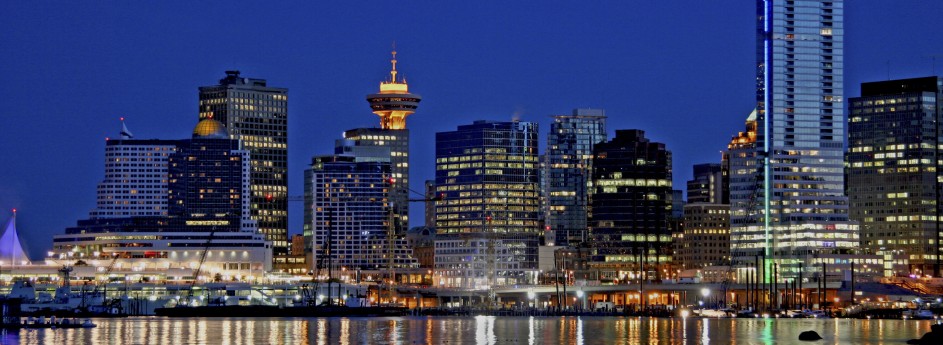Guancha: The Protestors and Mr Martin Lee Are Misleading the Public
This editorial by the Guancha Syndicate accurately and thoroughly explains Article 45 of Hong Kong’s Basic Law that brings universal suffrage to the SAR in 2017. Bravo Guancha.
As for the students, Occupy Central, Mr Martin Lee, Ms Anson Chan and the rest of the ‘opposition’, well…., it serves their purposes to mislead.
HONG KONG – As protests are continuing in Hong Kong and the Western media are busy engaging in an orgy of throwing mud onto China, Martin Lee, the 76-year-old poster boy of Hong Kong opposition, has not disappointed his supporters in the West. In an article titled Hong Kong’s Great Test in The New York Times, Mr. Lee repeated many inaccurate claims and even lies on the situation in Hong Kong.
Leaving aside whether the “umbrella” protestors are as peaceful and unrowdy as he claims in his article, let’s go to the heart of the matter: the nomination rules for the 2017 election of a new Hong Kong Chief Executive
The purported rationale for the current protests in Hong Kong is summarized by Mr. Lee this way:
“The people of Hong Kong have waited for decades for China to honor its promise that we would rule our city with a ‘high degree of autonomy.’ This commitment was made in the 1984 Sino-British Joint Declaration, an international treaty registered at the United Nations – and applauded by the world when it was announced. China’s determination to ignore its promises and to control the election of Hong Kong’s next chief executive has created this dangerous climate.”
“Britain signed the Joint Declaration with Beijing and must act now that it is being violated,” Mr. Lee pleads.
All is fair and well except that he is beating up a straw man he created. Let’s be absolutely clear on one basic point: Despite what Mr. Lee and the protesters have been crying out so loud China has not violated the Joint Declaration at all.
Since the current row focuses on “universal suffrage” – the election of Hong Kong’s chief executive – it is crucial to turn to the Joint Declaration and see what has actually been stipulated in the text. According to Article 3 (4), it states:
The chief executive will be appointed by the Central People’s Government on the basis of the results of elections or consultations to be held locally.
That’s all. That’s what was promised by China and accepted by Britain 30 years ago in the “international treaty” referred by Mr. Lee. No matter how hard one may try to stretch the definition of this clause, or one’s imagination, it’s impossible to claim that China has not honored this obligation.
During the 155 years of colonial rule, all the 28 British governors were appointed by London with no involvement from the Chinese population in Hong Kong. The term “universal suffrage” didn’t exist in the dictionary of the British colonialists. The notion of “universal suffrage,” nowhere to be found in the Joint Declaration either, was first introduced in the Basic Law, promulgated by China in 1990 to be put into effect when Hong Kong became a special administrative region of the People’s Republic of China on July 1, 1997. According to Article 45, it states:
The Chief Executive of the Hong Kong Special Administrative Region shall be selected by election or through consultations held locally and be appointed by the Central People’s Government.
The method for selecting the Chief Executive shall be specified in the light of the actual situation in Hong Kong Special Administrative Region and in accordance with the principle of gradual and orderly progress. The ultimate aim is the selection of the Chief Executive by universal suffrage upon nomination by a broadly representative nominating committee in accordance with democratic procedures.
Hong Kong’s mini-constitution has stipulated very clearly that for universal suffrage as the ultimate aim to be materialized, a number of criteria have to be fulfilled: it has to look into the “actual situation,” to follow the “principle of gradual and orderly progress,” and to nominate candidates by a “nomination committee.”
The Standing Committee of the National People’s Congress, China’s parliament, in fact just reconfirmed in late August that Hong Kong could elect its leader by “universal suffrage” – more than five million voters could participate in the “one man, one vote” election as early as 2017.
However, the protesters, supported by Mr. Lee, ignore the above legal requirements and demand “civic nomination” – candidates that can be nominated by anyone or any party, instead of by a nomination committee as stipulated in the Basic Law. Since they refused to play by the rules and couldn’t get what they unreasonably demanded, they launched the Occupy movement to disrupt the whole society. This is a blatant disregard of the law.
Mr. Lee, a long-time lawyer, should have known better than anyone else. If he really cares about the rule of law, a pillar of Hong Kong’s core values he himself cites, he should immediately call on the protesters to pack and go home.
This editorial was published in the Huffington Post; its Chinese version is published in www.guancha.cn.
US Political Infuence Among Young Hong Kong Activists ( Part I)
Due to the interest in the Wen Wei Po article on money and foreign support for the student protests and Occupy Central mentioned extensively in a previous post, this author has taken the liberty of translating a major report (among many) circulating the Chinese language Internet that more or less covers the same topic. But because it is rather lengthy, the account has been divided into parts which are excerpted and not verbatim translated.
 US HK Consulate officials and intelligence officers recently met with HK student representatives to discuss strike action.
US HK Consulate officials and intelligence officers recently met with HK student representatives to discuss strike action.
Nearly two weeks ago, Hong Kong’s Chinese language newspaper Wen Wei Po reported that on September 16th, the Civic Party English Group and the advocacy group Hong Kong 2020 headed by Anson Chan disclosed details of a meeting held on September 5th. Dan Garrett, a US Hong Kong Consulate General official and a speaker at the meeting, addressed the attendees that, “Washington wants efforts to promote civil and social movements for democratic demands to continue, especially for youths to take up pioneering roles”….
He further said that the US must firmly back the students “(and) protect student leaders, including providing them with opportunities to study and reside abroad”. The Civic Party later issued a statement denying those remarks. Mr Garrett has been pursuing a PhD degree at the City University in Hong Kong since 2011. He had been involved in intelligence work in various US government departments and capacities for nearly 30 years. Before coming to Hong Kong, he headed up a department in the US Department of Defense; i.e., he was a “senior spy”.
Hong Kong’s Wen Wei Po recently reported, “the Hong Kong-America Center last November replaced former Director Xia Long (Cantonese phonetics?) with Morton Holbrook, (Chinese name Hou Rukai), mentor to US Consul- General Clifford Hart (Chinese name Xia Qianfu) and who’ve had a close relationship since working together in the China Affairs Office at the US State Department…Holbrook assumed the directorship of the Hong Kong-America Center three months after Mr Hart took office. Clearly, Mr Hart is aiding Mr Holbrook in carrying out US policy in Hong Kong.”
Hong Kong Basic Law Committee member Mr Lau Nai Keung (phonetics?) indicated that Mr Holbrook is a veteran of the United States Intelligence Agency (USIA) lacking any academic credentials and yet the most recent preoccupation of the Hong Kong-America Center has been to encourage student demonstrations.
The “Smell of Hong Kong” Facebook account recently revealed “the Hong Kong-America Center had held a two-day and one night workshop last March 15-16 to openly train students to become the ‘backbone’ of Occupy Central…these tactics are sufficient to show that substantive interventions by the Americans have increased sharply, even to the extent of giving Occupy Central their full support”.
Bauhinia magazine also disclosed last April that participants at the “workshop” were actually politicians from various parties, international scholars, and ‘mysterious’ politicos lecturing and teaching students about “negotiation strategies” in dealing with large-scale protests and in drawing the red line and position that cannot be crossed.”
Bauhinia stated bluntly: “Ostensibly, the Hong Kong-America Center is a non-profit university alliance institution, but actually it can really rely on US Consulate General in Hong Kong for support”. Mr Lau added that the recent gathering of Messrs Holbrook, Hart, and former US Deputy Secretary of Defense Paul Wolfowitz (Dan Garrett’s former boss) and close associate of Next Media Group Chairman Jimmy Lai Chee-ying in Hong Kong , is hardly an accident, most likely to help galvanize Hong Kong’s opposition.
New Territories Association Chairman Chan Yong (phonetics?) commented the Hong Kong-America Center, from the nature of its work, projects the image that the US wants to transplant the Eastern European experience (of colour revolutions) to Hong Kong and seek to interfere in its internal affairs. I hope that the people can see their true colors. Rong Yong Chi (phonetics?), founding Chairman of the Hong Kong Professionals and Senior Executives Association, also remarked that available information indicates external forces are intervening in political reform in Hong Kong and it is not as simple and clear-cut as young people think.
Singapore FM: Western Press Biased Against China on HK Protests
Couldn’t agree more with Singapore Foreign Minister K. Shanmugam’s assessment:
There has been much anti-China bias in Western media’s reporting on Hong Kong’s situation, said Singapore’s foreign minister K. Shanmugam, as he sought to offer another perspective on the current stand-off between Occupy Central protesters and the authorities that is now entering its eighth day.
Speaking to Lianhe Zaobao in an interview published on Saturday, Shanmugam said that western media reports have made Beijing out to be “denying democracy” and acting to infringe on freedoms that have made Hong Kong so successful.
The truth, he said, is that Hong Kong did not have democracy during 150 years of British rule.
Beijing’s proposal for Hong Kongers to elect their leader from a vetted list – what the tens of thousands of protesters in Hong Kong are currently amassed against – is actually much more than what the British had ever offered.
Before the handover to China in 1997, neither the British rulers nor the Hong Kong media thought Hong Kong needed democracy, he pointed out; universal suffrage was also not included in the Sino-British Joint Declaration of 1984, the agreement that cemented the terms of the handover.
“The Western media does not report these facts,” he said.
….
Shanmugam said that it must be asked if the average Hong Konger is prepared for the trade-offs of a protracted stand-off with Beijing.
“There needs to be clear understanding that China has acted in accordance with the Basic Law,” he said, referring to Hong Kong’s mini Constitution that enshrines the “one country, two systems” principle.
“If Hong Kongers want a change from the Basic Law – they have to recognize that Hong Kong is part of China, and there are some things China will accept, and some things which are red lines for China.”
“And there needs to be a clear understanding of Hong Kong’s extreme reliance on China for jobs and (its) livelihood,” he said, adding: “There needs to be a clear understanding of China’s largesse towards Hong Kong even as an anti-China mood is stoked up.”
– The Straits Times



